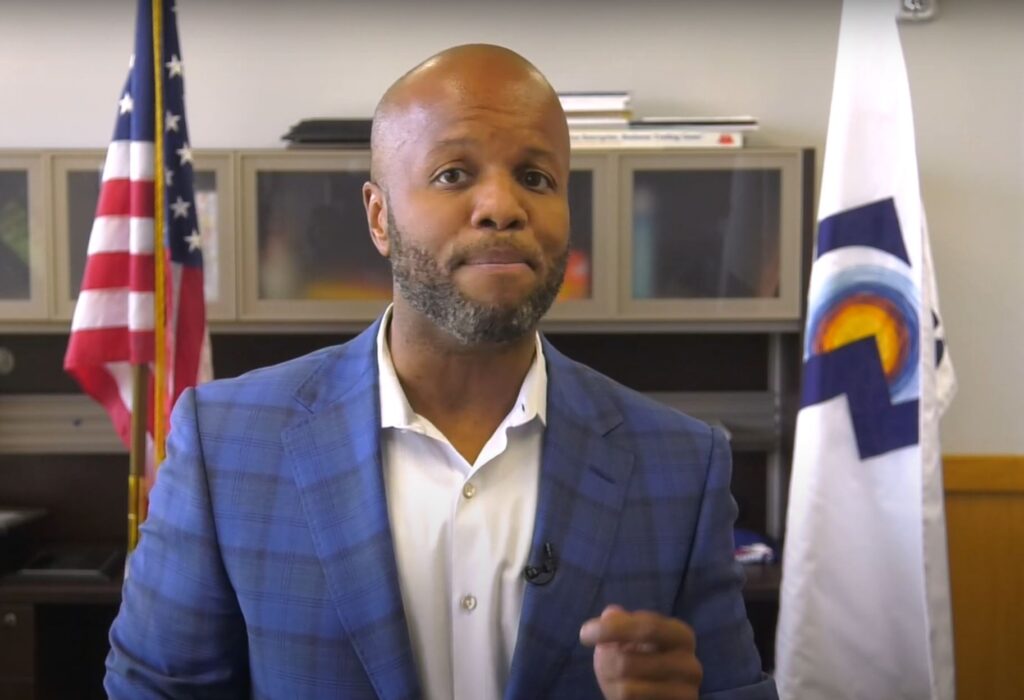
While the COVID-19 pandemic is winding down, side-effects seem to show no sign of disappearing, and that has mental-health professionals concerned.
Experts say that feelings such as fear, anger, sadness, numbness or frustration have created a need for professional-services counselors to find ways to treat those problems.
Tempe-based Crisis Response Network, for example, announced that it will extend its free services until Dec. 2.
Professional counselors around the country say there has been an increase in the number of people experiencing changes in appetite, energy and activity levels; difficulty concentrating and making decisions; problems related to sleeping or nightmares; physical reactions, such as headaches, body pains, stomach problems and skin rashes; worsening of chronic health issues; and increased use of alcohol, tobacco and other drugs.
This likely is why Crisis Response Network, now operating as Solari Crisis & Human Services, placed new emphasis on its confidential and free Resilient Arizona Crisis Counseling Program, designed to assist individuals and communities in their recovery from the psychological effects of the COVID-19 pandemic.
Elements of the program, says an agency spokesman, involve crisis counseling, including community-based outreach, emotional support and educational services.
The initiative, which was launched last year, is being conducted in partnership with the Arizona Department of Health Services and the Arizona Health Care Cost Containment System. Funding was made possible from the Federal Emergency Management Agency and the Substance Abuse and Mental Health Services Administration.
The program began in June 2020 and initially was scheduled to end after a year. Its funding is more than $3.3 million, which thus far has provided crisis counseling to more than 10,000 Arizona residents, according to a spokesman.
Accessible is via the agency’s 2-1-1 statewide information and referral phone number. The program, available in English and Spanish, connects callers to crisis-counseling providers in their area.
According to an agency spokesman, crisis counseling aims to prevent the onset of diagnosable disorders by helping individuals understand they are experiencing common reactions to extraordinary occurrences.
Services are provided at no cost and are available to anyone who has been impacted by the pandemic.
Help is provided virtually online or by telephone, making consultation easily accessible to those in rural areas of Arizona who may not historically have had such access. Services can be provided in a group setting or one-on-one and include supportive crisis counseling, education, development of coping skills and connection to appropriate resources, according to a program announcement.
Crisis counselors endeavor to enhance social and emotional connections to others in the community and promote effective coping strategies and resilience. The counselors also work with community organizations to familiarize themselves with available resources to then refer and connect individuals and families to other necessary services in their local area.
Statewide crisis counseling services for the Resilient Arizona Crisis Counseling Program are provided by Crisis Preparation and Recovery; Empact – Suicide Prevention Center; Family Involvement Center; La Frontera Center; The Guidance Center; RI International, and West Yavapai Guidance Clinic.
“I want to express our sincere gratitude to the Arizona Health Care Cost Containment System for the opportunity to continue providing access to these potentially life-saving crisis counseling services to state residents affected by the COVID-19 pandemic through 2-1-1 Arizona,” said Justin Chase, president/CEO of Solari Crisis & Human Services. “We are also very grateful to the crisis counseling providers with whom we are working in this important program.”
While counseling-provider hours vary, bilingual live-answer service is available via 2-1-1 Arizona.
Information: resilientarizona.org.
RELATED STORY
CARE 7 team aids post-COVID 19 anguish
For those struggling to return to normalcy from the psychological upheaval of the past year, Tempe Mayor Corey Woods offers some words of guidance.
“Human connection has never been more important, and I want to encourage everyone to find ways to safely connect (now) and beyond,” Woods said. “A walk with a neighbor, a phone call with an old friend, coffee with a colleague, a takeout meal in the park with family—these are small things that we can all do to take care of ourselves and others.”
Woods is not alone in delivering the message.

Tempe Human Services CARE 7 staff is doing its part to raise awareness, promoting mental wellness as vitally important to facing the impacts of the COVID-19 pandemic.
Tempe says its CARE 7 team members have joined experts across the country to encourage focus on the healing value of connecting in safe ways, prioritizing mental health and acknowledging that it’s OK to not be OK.
Key elements of that focus are crisis response, youth services and counseling—all among CARE 7’s ongoing priorities.
“We have spent the past year taking care of our physical health to stay safe from COVID-19, and that’s still very important,” Woods said. “But it’s also important to take care of our mental health.”
CARE 7 offers 24/7 crisis-response services, counseling and support groups, youth specialists, services for veterans and online mental-health resources. Agency staff can also make connections to other community resources, including the city’s crisis-response program.
Naomi Farrell, director of Tempe’s Human Services Department, noted that nearly everyone was affected by stress during the past year.
“The pandemic experience has touched all of us,” Farrell said. “Recovering will be easier for some and harder for others. … Tempe and CARE 7 can help. Just reach out, don’t wait. Let our staff be your starting point.”
CARE 7 encourages community members to consider how they can make a difference in the lives of a friend, family member or neighbor who might be struggling:
- Give them a call or send a text message to let them know you are thinking of them. A kind word can go a long way.
- Offer to seek resources with them or for them.
- If appropriate, visit in person and be present or engage them in an activity that has brought them joy before.
Information: tempe.gov/CARE7 or 480-350-8004.

